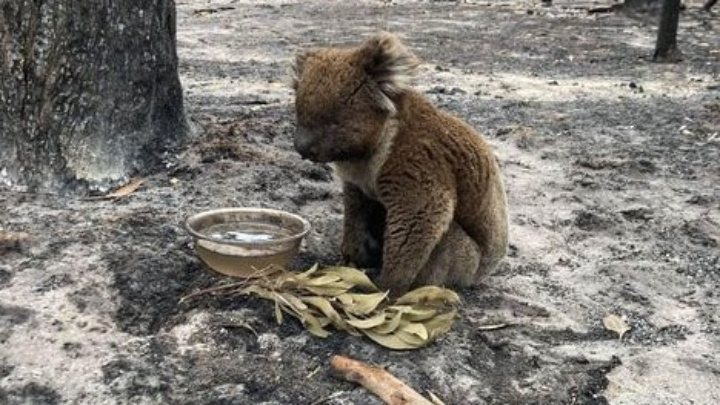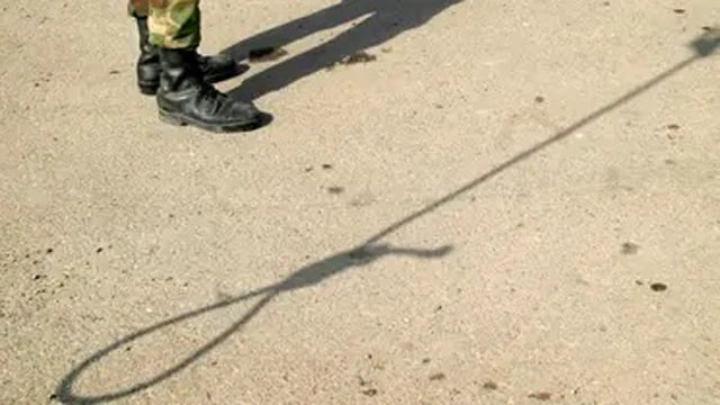Australia has one of the worst rates of species decline among the world's richest countries
Shining BD Desk || Shining BD
Australia has lost more mammal species than any other continent and has one of the worst rates of species decline among the world's richest countries, a five-yearly environmental report card released by the government on Tuesday said.
Some animals such as the blue-tailed skink are now only known to exist in captivity, while the central rock-rat and Christmas Island flying fox are among mammals considered most at risk of extinction in the next 20 years, largely due to introduced predator species.
The sandalwood tree is also in decline.
The report, which comes after drought, bushfires and floods ravaged Australia over the past five years, said increasing temperatures, changing fire and rainfall trends, rising sea levels and ocean acidification were all having significant impacts that would persist.
"The State of the Environment Report is a shocking document - it tells a story of crisis and decline in Australia's environment," Environment Minister Tanya Plibersek said in a statement, adding that the new Labour government would make the environment a priority.
New national parks and protected marine areas would be created, she said, to meet a target to protect 30% of Australia's land and ocean waters by 2030.
The number of species added to the list of threatened species or in a higher category of risk grew on average by 8% from the previous report in 2016, with 533 animals and 1,385 plant species now listed. More than half of those are assessed as endangered or critically endangered.
The numbers would rise sharply as a result of the bushfires that hit in 2019-2020.
The "Black Summer" bushfires killed or displaced an estimated 1 billion to 3 billion animals and razed 9% of koala habitat.
Spending of around $1.2 billion a year is required to revive threatened species, the report said. The new government has committed to spend A$250 million on threatened species, Plibersek said.
The environmental report card painted a dire picture of "poor" and "deteriorating" conditions.
Australia's average land temperatures have increased by 1.4°C since the early 20th century.
Many of the country's most prized ecosystems, such as the Great Barrier Reef which has been hit by mass coral bleaching, are threatened by climate change and environmental extremes, it said.
While coral reef health is declining due to marine heatwaves, the report also highlighted the threat of ocean acidification, caused by absorption of carbon dioxide from the air, which it said was nearing a tipping point that would cause the decline of coral juveniles that are key to reef recovery.
Warming oceans have hit kelp beds off the southeast coast, hurting the abalone and lobster industries, Plibersek said.
Scientists and environmental groups said the report was a wake-up call for the government to step up carbon emissions reductions to curb climate change, overhaul laws to protect habitat and invest more money to protect species.
Dhaka Tribune
Shining BD






















